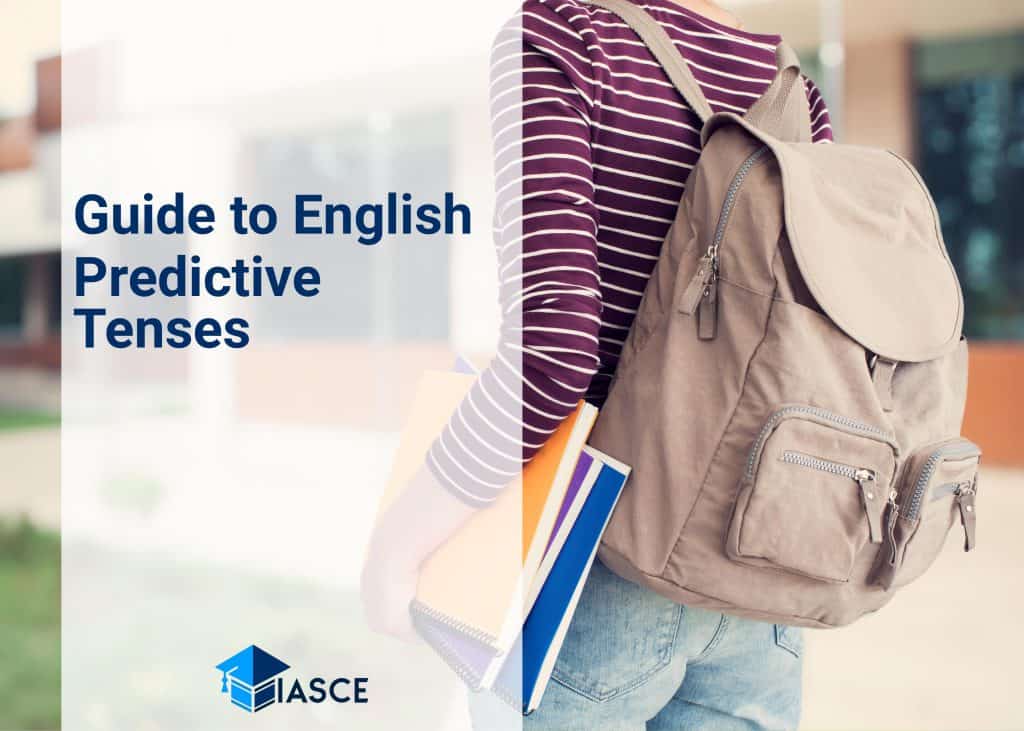The English language is full of complexities, especially when it comes to future tense. Two common ways we talk about the future are with ‘going to’ and ‘will’. But how do you choose between them? It’s not as simple as tossing a coin; there are specific rules and nuances that guide their usage.
I’m here to help you grasp these distinctions clearly. Whether you’re an aspiring writer or just someone who wants to polish up their grammar skills, this guide aims to simplify your decision-making process. With patience and practice, you’ll soon master the use of ‘going to’ versus ‘will’, opening up new dimensions in your communication style.
So let’s dive right into the heart of this matter: When should one use ‘going to’ and when should we opt for ‘will’? Stick around as I unravel this mystery, providing practical examples along the way.
Understanding Going to vs. Will
When it comes to predicting the future in English, I’ve noticed that many folks get tangled up between “going to” and “will”. The truth is, these two constructions aren’t as interchangeable as they might seem.
Let’s start with “going to”. We use this when we’re talking about plans or intentions that have been decided before the moment of speaking. It’s also used when there is a clear sign or evidence that something will happen. For example:
- I’m going to watch a movie tonight. (a planned action)
- Look at those clouds – it’s going to rain! (based on evidence)
On the flip side, we use “will” for spontaneous decisions made at the moment of speaking, promises, offers, predictions or assumptions without evidence. For instance:
- I think I’ll order pizza for dinner. (spontaneous decision)
- Don’t worry, I’ll help you with your homework. (promise)
The distinction may seem subtle but understanding it can make your communication more precise and natural.
To illustrate these points further, let’s look at some examples in a table:
| Usage | Going To | Will |
|---|---|---|
| Planned Action | I’m going to meet him tomorrow. | X |
| Evidence-Based Prediction | It looks like it’s going to snow. | X |
| Spontaneous Decision | X | I’ll take a coffee break now. |
| Promise/Offers | X | I’ll pick you up from work. |
Remember: Context is key when deciding whether to use “going to” or “will”. If in doubt, ask yourself whether you’re expressing a plan/evidence-based prediction or making an instantaneous decision/promise.
Practical Usage of ‘Going to’ and ‘Will’
Let’s dive into the practical use of “going to” and “will”. These two expressions are often used interchangeably, but they’re not always synonymous. As a blogger, I’m here to help you differentiate between them and choose the right one for your context.
When we’re talking about future plans or intentions that have already been decided before the time of speaking, it’s best to use “going to”. For instance:
- I’m going to visit my parents next week.
- She’s going to start a new job soon.
On the other hand, when making spontaneous decisions or predictions based on what we think or believe at the time of speaking, we prefer using “will”. Consider these examples:
- I’ll order pizza for dinner.
- It’ll probably rain later today.
Now you might be wondering when both can be used. Well, there are instances where both “going to” and “will” fit perfectly. This usually happens when predicting future events based on present evidence. Here’s what that looks like:
| Using ‘Going To’ | Using ‘Will’ |
|---|---|
| Look at those dark clouds! It’s going to rain. | Look at those dark clouds! It will rain. |
And there you have it! Understanding these subtleties helps us make more informed choices in our grammar usage. Remember:
- Use “going to” for planned actions.
- Choose “will” for immediate decisions or predictions.
- Both can be used when predicting something based on present evidence.
As with anything in English grammar, practice makes perfect – so keep writing and conversing until these rules become second nature!
Conclusion: Making the Right Futuristic Choice
So, we’ve taken a deep dive into the world of “going to” versus “will”. I trust it’s now clear that while both express future intentions, their usage depends on context and tone.
Let’s recap: Use ‘will’ when making spontaneous decisions or predictions without evidence. On the other hand, ‘going to’ is used for plans made before the moment of speaking or predictions with present evidence.
To further illustrate these points let’s consider a table:
| Sentence | Correct Usage |
|---|---|
| Look at those clouds! It’s going to rain. | Prediction based on present evidence |
| Oh no! I forgot my lunch at home. I’ll buy something here. | Spontaneous decision |
Now, remember language can be fluid and rules often have exceptions. But by understanding these guidelines you’re already one step ahead in mastering your English grammar skills.
Remember, practice makes perfect. Try using both ‘will’ and ‘going to’ in your daily conversations and writings. Over time you’ll get a feel for which one fits best in different situations.
Finally, don’t stress over mistakes; they’re part of the learning process. So keep practicing, stay curious about English grammar, and you’ll continue to improve!
This guide should provide a solid starting point in tackling futurity in English grammar but remember it doesn’t end here – there are many more nuances waiting to be explored!

